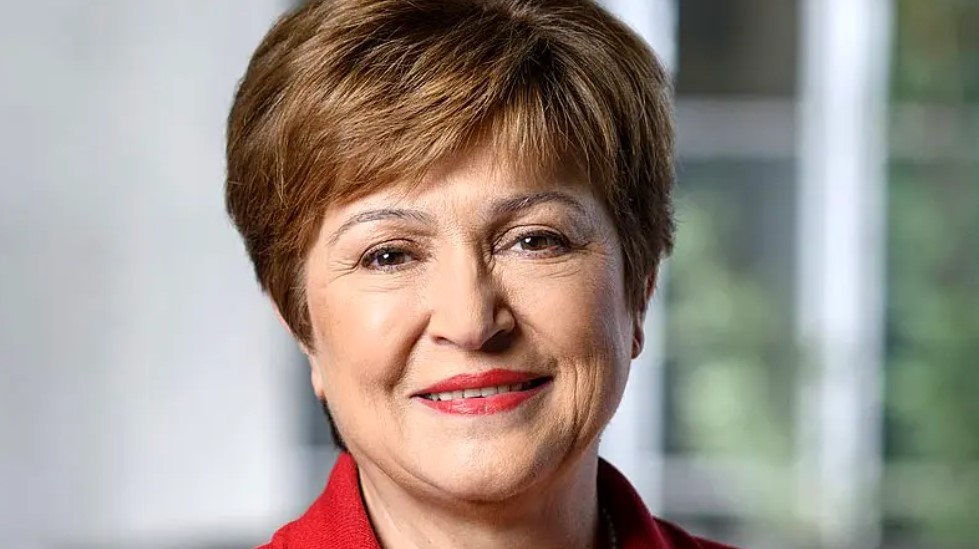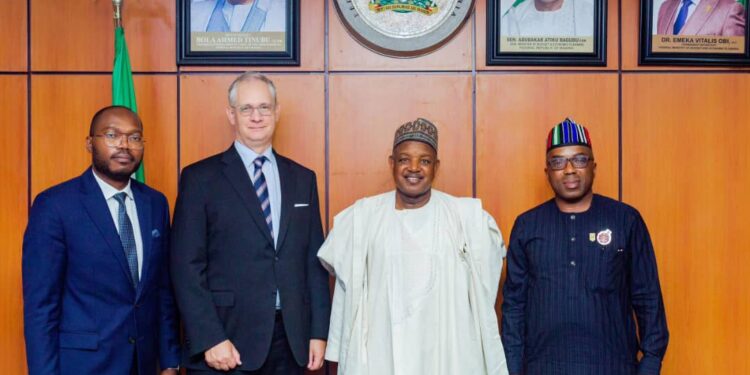
IMF Raises Nigeria’s Economic Growth Forecast to 3.4%
- Economy
- No Comment
- 277
The International Monetary Fund, IMF, has raised its forecast for Nigeria’s economic growth in 2022 to 3.4 per cent, citing increase in crude oil prices.
However, the IMF reduced its projection for global growth to 3.6 per cent in both 2022 and 2023, citing the impact of costly humanitarian crisis economic damage from the Russia war on Ukraine.
The new forecast represents 0.7 percentage points and 0.4 percentage points higher than the 2.7 percent projected by the IMF in January for the country’s economic growth in 2022 and 2023.
The IMF said: “In sub-Saharan Africa, food prices are also the most important channel of transmission, although in slightly different ways. Wheat is a less important part of the diet, but food in general is a larger share of consumption.
“The increase in oil prices has however lifted growth prospects for the region’s oil exporters, such as Nigeria. Overall, growth in sub-Saharan Africa is projected at 3.8 percent in 2022″
Lower global growth forecast.
On the decision to revised downward its projection for global economic growth, Pierre-Olivier Gourinchas, Economic Counsellor and Director of the Research Department, IMF, said: “Compared to our January forecast, we have revised our projection for global growth downwards to 3.6 percent in both 2022 and 2023.
“This reflects the direct impact of the war on Ukraine and sanctions on Russia, with both countries projected to experience steep contractions. This year’s growth outlook for the European Union has been revised downward by 1.1 percentage points due to the indirect effects of the war, making it the second largest contributor to the overall downward revision
“The war adds to the series of supply shocks that have struck the global economy in recent years. Like seismic waves, its effects will propagate far and wide—through commodity markets, trade, and financial linkages.”
Inflation to rise
The IMF also projected inflation to rise further across the global economy due to the impact of the war.
“Inflation is expected to remain elevated for longer than in the previous forecast, driven by war-induced commodity price increases and broadening price pressures. For 2022, inflation is projected at 5.7 percent in advanced economies and 8.7 percent in emerging market and developing economies—1.8 and 2.8 percentage points higher than projected in January. Although a gradual resolution of supply-demand imbalances and a modest pickup in labor supply are expected in the baseline, easing price inflation eventually, uncertainty again surrounds the forecast.
“Conditions could significantly deteriorate. Worsening supply-demand imbalances— including those stemming from the war—and further increases in commodity prices could lead to persistently high inflation, rising inflation expectations, and stronger wage growth”, the IMF said.
Vanguard News Nigeria
https://www.vanguardngr.com/2022/04/imf-raises-nigerias-economic-growth-forecast-to-3-4-2/




